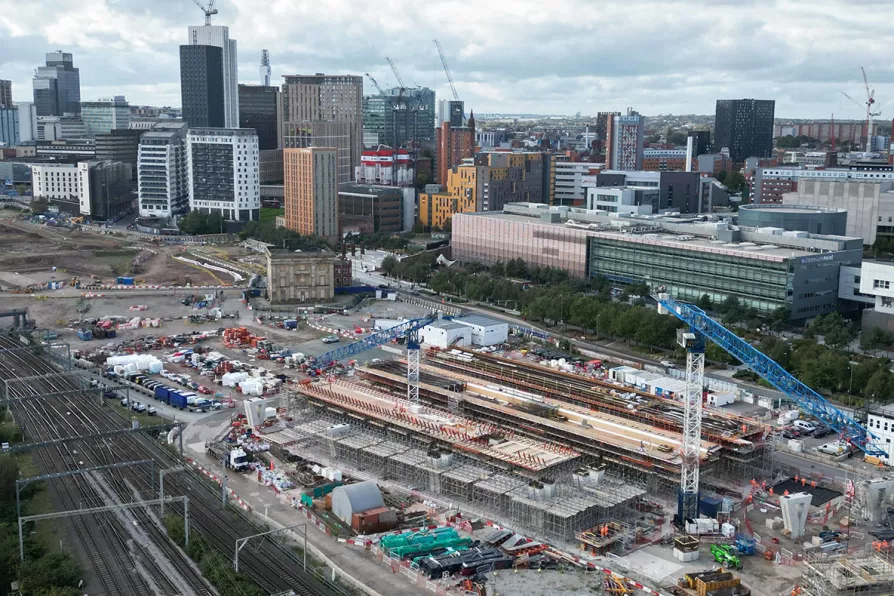Welsh Labour urged to take on the UK government over rail funding

 The construction site for the HS2 project at Curzon Street in Birmingham, October 4, 2023
The construction site for the HS2 project at Curzon Street in Birmingham, October 4, 2023
POLITICAL reaction in Wales has urged the First Minister to press for full rail funding from the Westminster government.
Welsh Tory leader Andrew Davies told Eluned Morgan to stop putting her party first in his response to her interview with the Press Association.
Ms Morgan said in the interview that she had raised with Chancellor Rachel Reeves consequential funding for Wales under the Barnett formula for the HS2 high-speed rail project linking the north of England and London.
Similar stories














